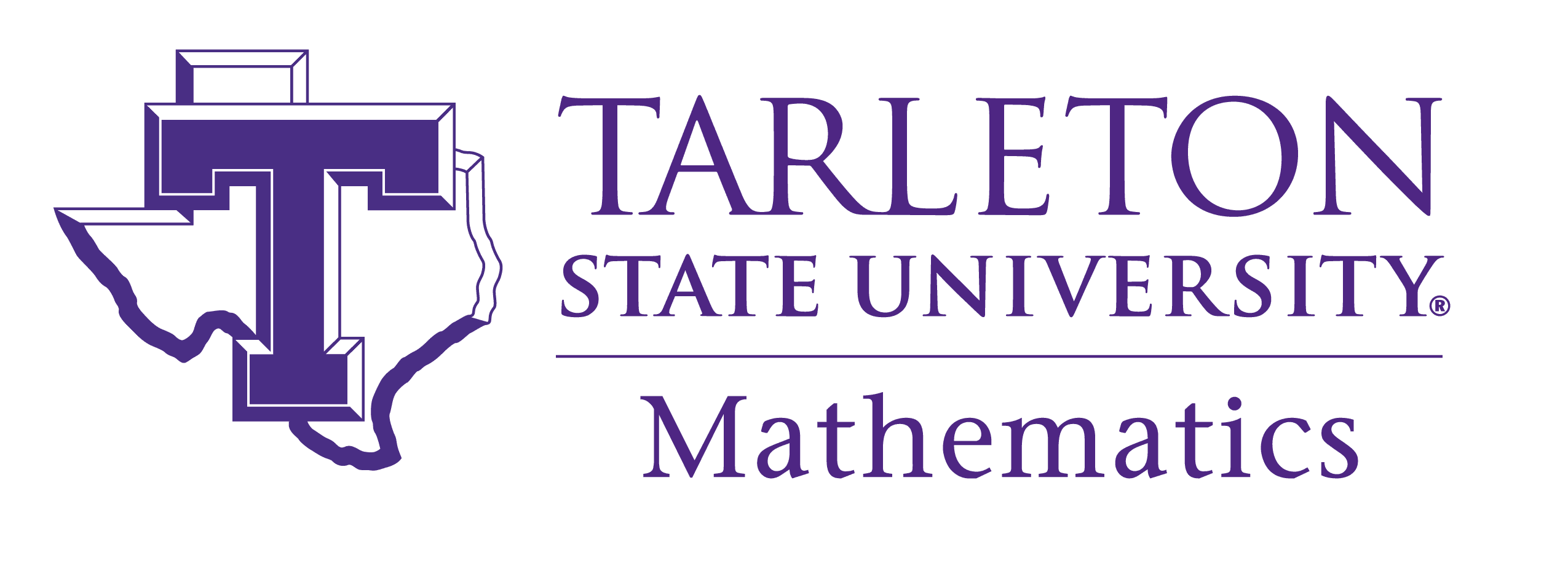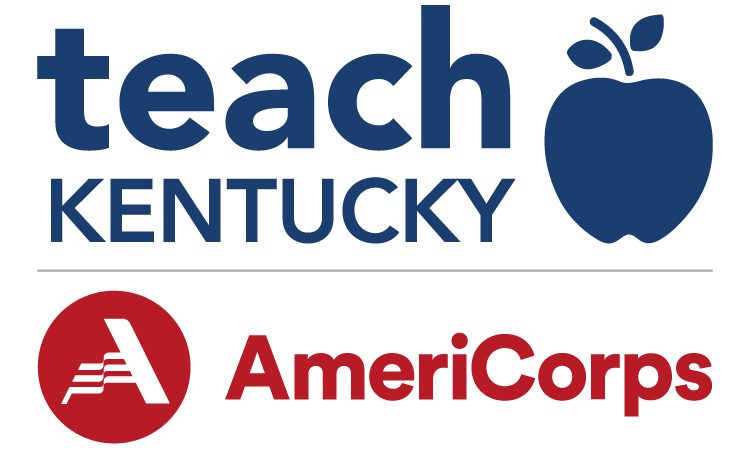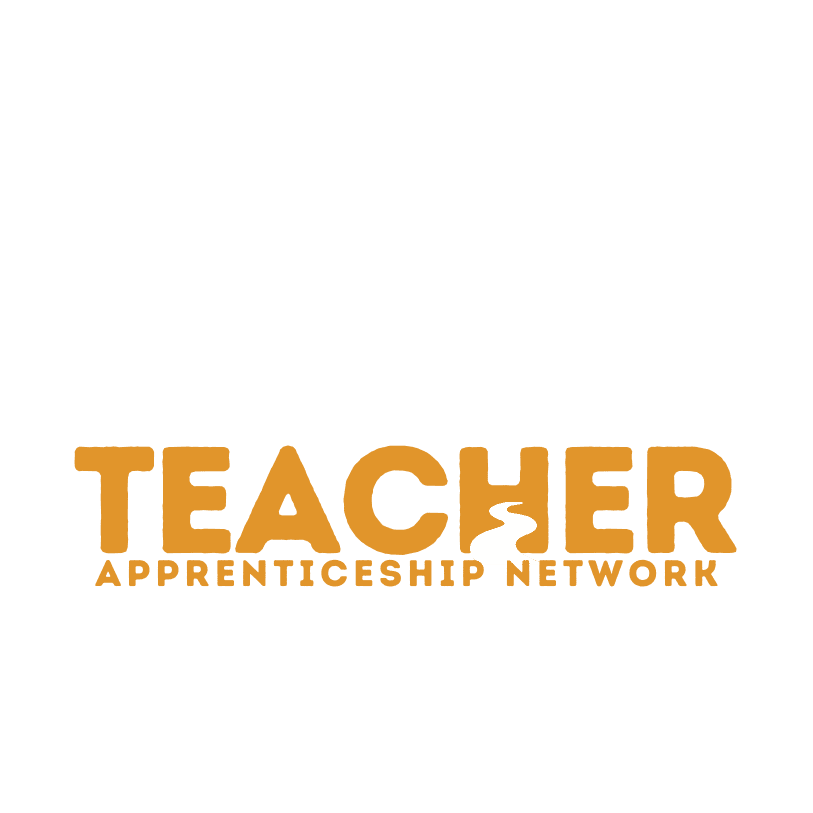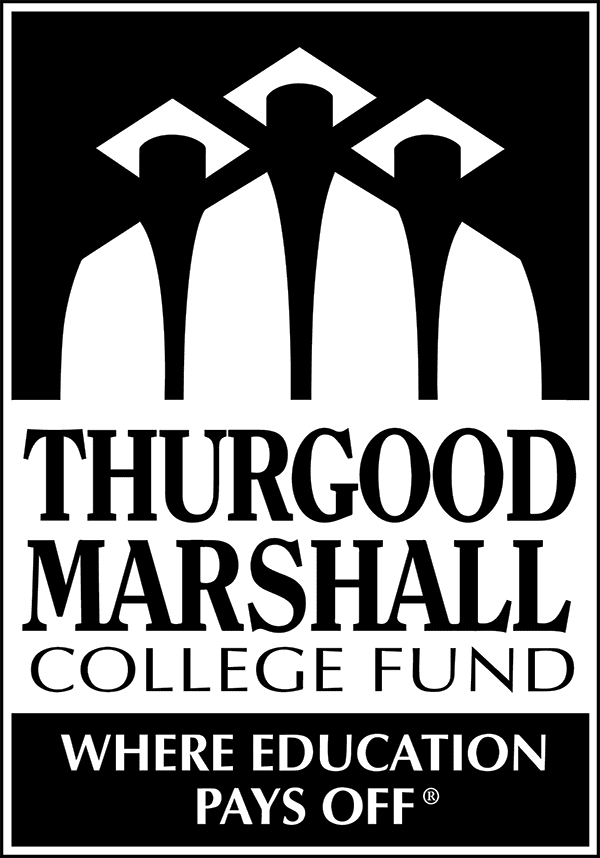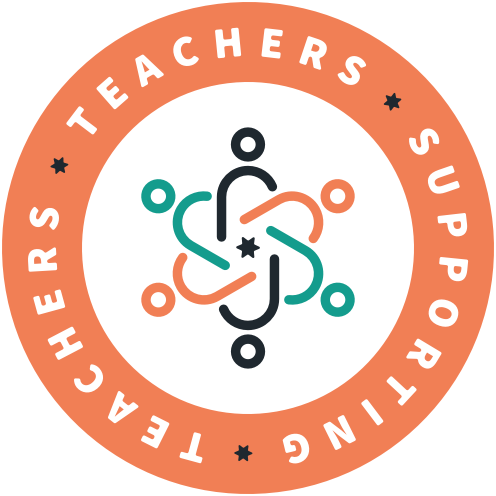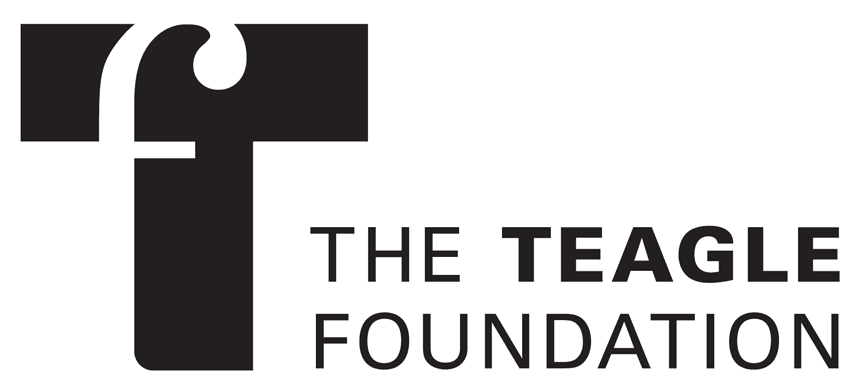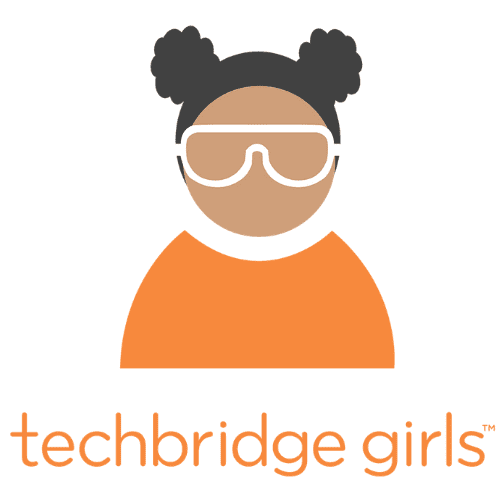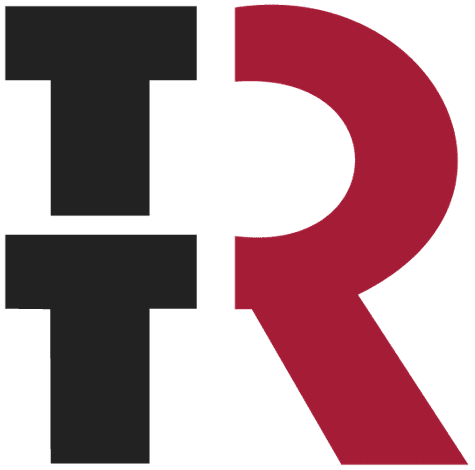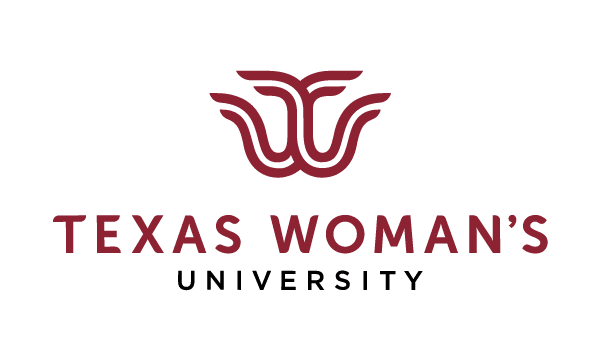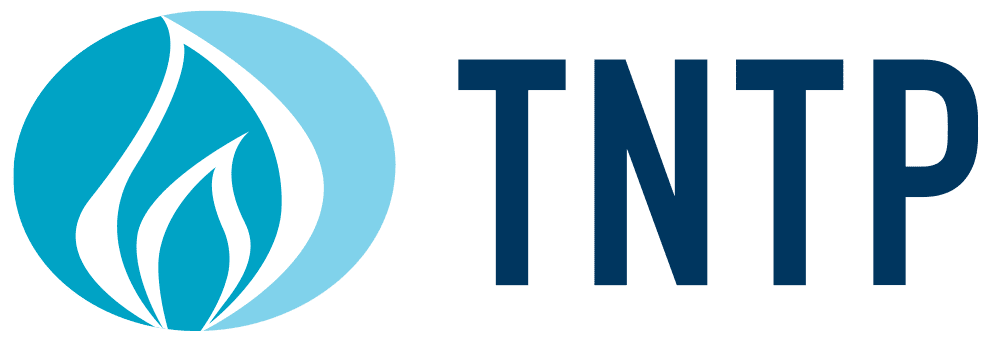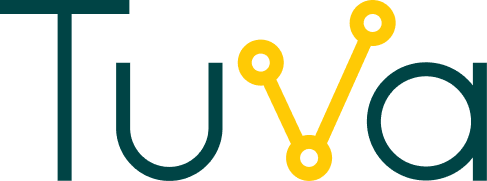Our Journey
In the last decade, we successfully prepared over 100K new STEM teachers who have helped strengthen and improve the field and our world. Over the next decade, we are looking to build on that progress by preparing and retaining 150K new STEM teachers who increasingly mirror the diversity of their school community, especially for schools serving majority Black, Latinx, and Native American students. We’lll support our network to foster workplaces and classrooms of belonging so that everyone we reach can see a path for themselves in STEM. And in the decade after that, we are hopeful that our commitment to this work will solve the STEM teacher shortage once and for all.

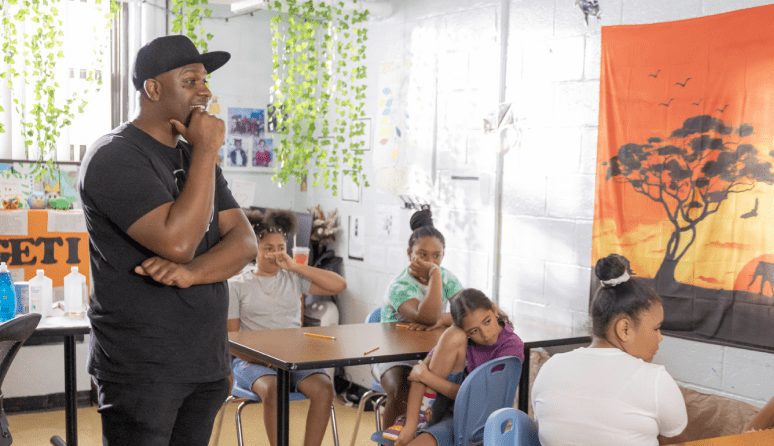
Our Journey and where we’re headed:
100Kin10
In 2011, we took up a call by President Obama to prepare 100K STEM teachers in 10 years alongside 28 partner organizations. By 2021, 300 organizations worked collectively to surpass our shared goal and we prepared nearly 110K excellent STEM teachers to the field. We did this by focusing our radical collaboration on:
Building a Network
of Diverse Stakeholders
Creating a Map of the System
Building tools for Making Progress
We support partners to succeed at their commitments and tackle the systemic challenges revealed by the map.
Collectively We Advance the Field
In 2021, Bellwether Education Partners conducted a third-party evaluation of our impact. They found that the network spurred five major advancements in STEM teaching and learning:
BETTER RECRUITMENT: 100Kin10 prep programs used improved strategies to recruit highly qualified STEM teacher candidates
IMPROVED PREPARATION: More STEM teacher candidates have access to evidence-based STEM preparation via 100Kin10 partners
EXPANDED EARLY STEM: 100Kin10 partner programs have increased emphasis on preparing and supporting elementary teachers with STEM skills, and in particular foundational math
ENHANCED PROFESSIONAL DEVELOPMENT: More teachers have access to quality STEM professional growth and collaborative work environments via 100Kin10 partners
MORE AUTHENTIC STEM: More teachers and students have access to meaningful, authentic, and rigorous STEM learning via 100Kin10 partners
GRAND CHALLENGES
The future of our country depends on today’s students becoming tomorrow’s innovators. We believe that young people have infinite potential and that when that potential is nourished in STEM classrooms, they will bring to life out of this world solutions to our biggest challenges. This is why we must tackle the underlying causes of our nation’s shortage of excellent STEM teachers. So we identified the 100 challenges to preparing and retaining great STEM teachers and created a roadmap that points the way toward transforming STEM education.
THE UNCOMMISSION
In 2021, nearly 600 young people shared their K-12 STEM experiences through a diverse, participatory storytelling effort called the unCommission. We knew their input was critical in order to identify action-ready considerations for the future of STEM learning and opportunity. Now, their voices are guiding our next chapter and goal on this journey to end the STEM teacher shortage with equity, representation, and belonging at the center of this work.


Our Next Shared
GOAL
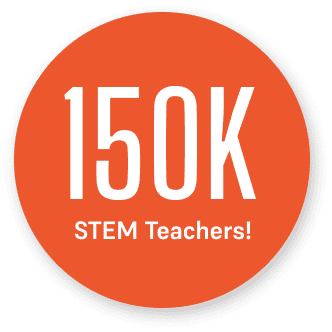
OUR NEXT SHARED
GOAL
STEM has never been more important to our future.
The people who will cure cancer and dementia, desalinate water, help us avoid future pandemics and solve challenges unknown or invisible are in our nation’s classrooms today. And, we cannot solve these challenges without ensuring those most under-represented in STEM are centered in the work ahead.
To achieve our next shared goal, we are relaunching and growing our network with an explicit focus on Black, Latinx, and Native American teachers and students. In order for students to succeed in STEM, they need to feel that they belong in STEM classrooms and careers. That’s why we’re preparing and retaining 150K teachers in STEM, with an explicit focus on creating a sense of belonging and equity in our classrooms, and beyond. And we cannot wait for you to join us.
Change requires all of us.
Radical collaboration among change-makers across industry and sector is the only way to effect real progress and move our world forward. Our role is to mobilize our network with a focused strategy, clarity of purpose, and vision for achieving change.
Together we can make momentous change in our world.
Tarleton State University
Commitment
Over the next five years, Tarleton State University will recruit and prepare at least 50 new STEM educators to serve in schools where students have historically had less access to high-quality STEM instruction. We will achieve this by focusing on partnering with local school districts (about 11 local K-12 schools), expanding opportunities for students in rural communities such as math enrichment opportunities and providing robust support systems for pre-service teachers. Our approach includes comprehensive networking programs, the development of engaging and relevant STEM curriculum, and a strong emphasis on professional development for in-service teachers. Through ongoing workshops, collaborative learning communities, and access to the latest instructional strategies, we aim to ensure that both new and experienced teachers are equipped to inspire and engage all students in STEM.
Teach for America
Commitment
By 2027, Teach For America plans to recruit 4,600 elementary and secondary STEM teachers to teach and lead in high-need schools across the country. Given our mission to find, develop, and support a diverse network of leaders who expand opportunity for children from classrooms and schools, we plan to continue our efforts to recruit and develop 2,300 Black, Latinx, and Native American STEM teachers in the communities where we work over the next five years. Our collective impact will be measured by our progress towards Teach For America’s 2030 goal, stating: By 2030, twice as many children in communities where we work will reach key educational milestones indicating they are on a path to economic mobility and co-creating a future filled with possibility. As key metrics in this goal, we will measure 4th grade math and 8th grade math student data (% proficient overall, % proficient by student subgroups).
Teach Kentucky
Commitment
Teach Kentucky will work aggressively with our university partners to facilitate admission qualifications into certification pathways in STEM areas especially for middle school math and science with a goal to prepare 95 middle school math and science teachers by 2027. In addition, we will continue to utilize and enhance incentives, scholarships, pre-service training, coaching, and other supports that foster a high degree of success among our new teachers, even in challenging schools. We will remain committed to our teachers for the first three years of their work life in Louisville and enroll them in the Teach Kentucky community of educators, a robust, informal network of support from our veteran teachers.
Teach Kentucky will continue to develop an intentional strategy to connect our teachers from unserved populations to the Louisville community’s leadership and assets. We will enhance existing programming that builds strong bonds between our new teachers and their new hometown, Louisville, Kentucky. The expected outcomes are a higher retention rate and greater overall life and job satisfaction for our teachers.
Teach Upbeat Inc
Commitment
By 2029, Upbeat will enhance STEM education by partnering with school districts nationwide to improve teacher working conditions and strengthen teacher retention. By promoting a positive staff climate and culture, Upbeat will help foster a strong sense of belonging for educators in its partner districts, including Black, Latinx, and Native American educators. Upbeat’s recent research underscores the importance of Belonging and Wellbeing as one of the most impactful factors influencing teacher retention. Through the strategic use of teacher engagement data, Upbeat will drive significant improvements in working conditions that impact STEM education, while supporting school, district, and state leaders through initiatives such as the National Working Group on Teacher Retention.
This will enhance school climate by improving working conditions, as measured by Upbeat’s engagement data, over the next five years and ensuring teachers in our partner school districts feel valued and supported in their school environments. These efforts will lead to stronger working conditions and increased retention for teachers, including those in STEM education.
Teacher Apprenticeship Network
Commitment
By 2030, Teacher Apprenticeship Network (TAN) will prepare and retain 1,000 new teachers, with at least 40% specializing in STEM subjects and over 85% identifying as educators of color who reflect the racial and cultural backgrounds of their students. TAN’s Youth Transition to Teaching initiative will introduce 250 high school students, primarily from historically underrepresented communities, to STEM education careers through dual-credit coursework and paid school-based experiences. Our Pre-Apprenticeship program will support 200 career changers in entering the STEM teaching pipeline through credential-aligned training and mentoring. Through partnerships with New Jersey school districts, higher education institutions, and the U.S. Department of Labor, all participants will earn portable credentials and receive paid, job-embedded training that leads to full teacher certification. TAN will track diversity, licensure attainment, and retention outcomes annually to ensure equitable progress. Together, these efforts will expand access to STEM educators who cultivate classrooms of belonging and deliver high-quality, culturally responsive STEM instruction to more than 50,000 K-12 students across New Jersey’s highest-need districts.
Teacher Quality and Retention Program (TQRP)/Thurgood Marshall College Fund (TMCF)
Commitment
Over the next five years, Thurgood Marshall College Fund (TMCF) will recruit and prepare a minimum of 500 Black teachers to be proficient in STEM education delivery. To do this we will recruit and provide professional development in STEM education to HBCU-educated pre-service and in-service teachers for our Teacher Quality and Retention Program (TQRP). TMCF also will continue its intentional focus on Black Male Teachers by recruiting in-service Black male teachers to participate in its program. This will lead to elementary teachers in PK-5 becoming proficient in STEM educational techniques, and middle and secondary school STEM teachers becoming proficient in pedagogical techniques to ensure they are able to delivery the STEM content effectively. TMCF’s TQRP also will provide professional development to support Black teacher social-emotional well-being, which is critical to teacher retention. TMCF also will periodically engage TQRP participants in order to adapt the program to their evolving needs, to ensure teacher retention and success.
The majority of in-service TQRP Fellows teach in Title I schools and impact minority children, while the majority of pre-service TQRP Fellows seek to enter careers in Title I schools. In turn, teach elementary school teacher will impact a minimum of 30 students per year, and upper level teachers will impact at least 50 students annually.
Teachers Supporting Teachers
Commitment
Over the next five years, TST will retain 90% of PK-12th grade BIPOC educators, including those supporting STEM subjects, with a focus on serving BIPOC students through intentional recruitment to historically under-resourced schools. Through our programming, we invest in a diverse cohort of teacher leaders by energizing and empowering their leadership abilities. This includes access to 1:1 Coaching, a year-long leadership-focused roundtable series, and a cohort of connected educators who are working on similar goals. As a result, ~40 educators will continue, from year to year, to serve as a teacher in a PK-12 classroom. This will impact learning for ~14K PK-12 students per year.
Techbridge Girls
Commitment
TechBridge Girls will deliver STEM Equity training and/or OST curriculum to at least 500 educators serving primarily BIPOC youth from marginalized communities annually. We will intentionally recruit educators working with BIPOC youth from marginalized communities. Our educators will join us from a variety of partnerships with national and statewide networks and will serve in Title 1 schools or nonprofits serving BIPOC youth. TechBridge Girls’ training and curriculum address STEM belonging explicitly by centering BIPOC contributions to STEM, creating gender-responsive environments, and challenging educators to consider their biases, power and position in the classroom. We will use our STEM Equity Framework to measure success and, where possible, share our findings with Network partners.
Tennessee Educators of Color Alliance
Commitment
The Tennessee Educators of Color Alliance (TECA) is dedicated to fostering equity, excellence, and opportunity for underrepresented STEM educators. Our commitment to the Beyond 100K Network aligns with our mission to ensure every student, especially those from historically marginalized communities, has an opportunity to experience educators from diverse backgrounds. By 2043, TECA is committed to ending the STEM teacher shortage in Tennessee by developing systemic solutions that focus on recruiting, supporting, and retaining 250 STEM educators of color. Our strategy centers on creating pathways for aspiring STEM teachers from diverse backgrounds, leveraging culturally relevant recruitment campaigns, and establishing partnerships with institutions of higher education, community organizations, and industry leaders.
To achieve these goals, we will design 10 professional learning communities over the next 5 years tailored to the needs of educators of color in STEM fields, providing mentorship, leadership development, and wellness support. We will also advocate for policies that improve teacher pay, reduce barriers to certification, and promote teacher preparation programs that address the unique challenges faced by underrepresented communities. Through TECA’s efforts, we envision a Tennessee where STEM classrooms reflect the diversity of our communities and where every student has access to educators who inspire them to succeed in the sciences.
Texas Women's University
Commitment
Over the next five years, Texas Woman’s University and the School of the Sciences will support the recruitment of STEM educators into educational preparation programs by increasing STEM engagement and cultivating a sense of belonging in STEM majors through the development of their STEM identity. This will be achieved by expanding STEM opportunities such as developing new majors, fostering research clusters, and hiring additional faculty. As a result, more STEM undergraduates will see a pathway to STEM education as a viable and desirable career, leading to a significant increase in the number of STEM majors who become educators teaching in 9-12 classrooms. Specifically, we will increase the number of STEM educators from 7 in 2024 to 14 in 2029.
TNTP
Commitment
TNTP commits to supporting students in high-needs schools with more equitable access to a STEM education by recruiting and training STEM educators for their schools and increasing the representation of teachers of color within the STEM field: By 2027, we plan to recruit at least 500 new elementary and secondary math and science teachers that will serve students in high-needs schools. As an organization, we are committed to closing the diversity gap that exists between students and teachers and therefore, will aim for 60% of those new educators to identify as people of color. We will accomplish this by 1) using recruitment and selection processes that focus on eliminating bias and investing in potential candidates from within local communities; 2) expanding access to the profession through teacher pathways that purposefully identify and eliminate the barriers to access for our candidates of color; and 3) improve the development experience and persistence for candidates of color through affinity cohort experiences that provide identity-specific mentorship and collaboration to successfully navigate current systems of bias and/or racism.
Torrance Unified School District
Commitment
The South Bay Consortium Teacher Residency Program and Torrance Unified School District Teacher Induction Program commits to recruit, prepare, and retain STEM teachers from underrepresented populations over the next 5 years: By 2027 we will work strategically with our partners and communities to recruit 81 teacher residency candidates to increase the number of marginalized STEM teachers, with the goal of preparing at least 50% of our STEM teachers at the same percentages as are represented in their student populations. Specifically in our Teacher Induction Program we will cultivate a workplace of belonging with a focus on culturally relevant practices to support the needs of marginalized STEM teachers with the goal of retaining for at least 5 years 100% of our teacher candidates. The Teacher Residency and Induction Programs will initiate a local pipeline for diversity and support of underrepresented teachers in STEM who reflect their communities. Measurements of impact will include the number of underrepresented candidates recruited and their retention rates in our teacher residency and induction programs. We will also include reliable and valid survey measures to gauge the perceptions of teachers’ belonging within the sites and programs.
The South Bay Consortium Teacher Residency Program and Torrance Unified School District Teacher Induction Program commits to recruit, prepare, and retain STEM teachers from underrepresented populations over the next 5 years: By 2027 we will work strategically with our partners and communities to recruit 81 teacher residency candidates to increase the number of marginalized STEM teachers, with the goal of preparing at least 50% of our STEM teachers at the same percentages as are represented in their student populations. Specifically in our Teacher Induction Program we will cultivate a workplace of belonging with a focus on culturally relevant practices to support the needs of marginalized STEM teachers with the goal of retaining for at least 5 years 100% of our teacher candidates. The Teacher Residency and Induction Programs will initiate a local pipeline for diversity and support of underrepresented teachers in STEM who reflect their communities. Measurements of impact will include the number of underrepresented candidates recruited and their retention rates in our teacher residency and induction programs. We will also include reliable and valid survey measures to gauge the perceptions of teachers’ belonging within the sites and programs.
Tulsa Regional STEM Alliance
Commitment
Tulsa Regional STEM Alliance will work to ensure that 500 STEM educators have the curriculum, content and materials they need to feel supported as professionals in their classroom. This support is designed to address teacher burnout and foster a sense of community and support for teachers, addressing some of the common causes of STEM teacher attrition.
Tulsa Regional STEM Alliance commits to developing professional development offerings for their network of 750 educators, which will include methods to build a sense of belonging for the educators who access the professional development and how to foster belonging for the students they serve. Tulsa Regional STEM Alliance also commits to ensure the stories of Black, Latinx and/or Native American students and professionals are shared with their educator advisory council of 25 members. The educator advisory council serves as a teacher leadership group that will serve as leaders within their school and communities for how to support skills and mindsets to foster belonging for all students in STEM.
Tulsa Regional STEM Alliance is developing professional development offerings for their network of 750 educators, which will include methods to build a sense of belonging for the educators who access the professional development and how to foster belonging for the students they serve.
Tuva Labs
Commitment
By 2029, Tuva will support 100,000 3-12 STEM educators to cultivate classrooms of STEM belonging. This goal includes providing professional development for 250 Black, Latinx, and/or Native American educators. Additionally, we will support Black, Latinx, and Native American students by curating place-based, culturally relevant, and representative datasets and lessons coupled with live and recorded webinars and teacher spotlight blogs for educators to develop data literacy proficiency while creating a sense of belonging through cultivating connection. As a result of these efforts, educators will develop higher levels of data literacy proficiency and implement real-world math and science lessons relevant to their students and community, and students will experience the joy of learning math and science through real-world applications about topics of interest to them. This will impact learning for 11.2 million 3-12 students over five years.
University of California - Irvine - Cal Teach Science and Mathematics Program
Commitment
University of California Los Angeles
Commitment
By 2027, UCLA will prepare at least 320 STEM teachers, with a focus on recruiting teachers of color as part of a statewide effort to diversify the teaching profession via residencies. State and federally funded residencies offer funding that helps provide the monetary support to engage in our graduate school program. We have engaged in statewide collaboration efforts with teacher education programs throughout the state to further support teachers of color. Through an organization called Ed Prep Lab and nationally through Bank Street we have focused on strengthening residency efforts at both the state and national level. In these efforts we have surveyed our teachers and engaged in semi structured interviews where monetary support remains pivotal. We are continuing efforts to apply for grant funds to support enrollment costs. Further, we have modified our readings in all courses to be more responsive and sustaining of teachers and students of color. Pedagogical shifts that include models of culturally relevant and sustaining practices are central to our methods courses and field based feedback. Lastly, we have started affinity groups within our teacher education program to better diversity student supports and engagement in our program.
By 2027, UCLA will contribute to increasing the retention of Black, Latinx, and Native American STEM teachers by continuing our residency model in which our alumni act as mentor teachers and increasing focus on recruiting teachers of color. Alumni are part of the recruitment structure by serving as panelists during recruitment sessions and allowing potential applicants to visit their classrooms. Further, mentor teachers who act as PBL guides and support new teachers in crafting lessons that are grounded in content equity community centric issues. Both mentor teachers and PBL guides and other forms of thought partnership feel reinvigorated around teaching and feel a sense of belonging and connection, which leads to increased retention (80% retention of teachers stay in the profession for five years). Further, we place our teachers in pairs at school sites and preferably where there are alumni and if possible, leadership that are graduates of UCLA’s Principal Leadership Institute. Through this vertical articulation and embedded field based support we increase the potential of teacher growth and development over their early profession. Lastly, many of our alumni also participate in the UCLA Content Based state funded projects such as the UCLA Math Project, UCLA Science Project, UCLA Computer Science Equity Project, etc. These professional development spaces allow for further growth, development and sustainability. We develop long standing partnerships with specific schools where we build capacity. These last two years we have started affinity groups within our teacher education program to further support our students of color. Our faculty is very diverse, much more so than most departments at UCLA.
University of California, Santa Barbara
Commitment
By 2027, University of California, Santa Barbara commits to preparing an additional 75 STEM educators. In addition, UCSB will develop and share at least ten concrete practices for effective teacher education over the next five years with the Beyond100K Network. We are developing methodologies for effectively teaching diverse groups of learners, including multilingual learners and special education students. These practices aim to increase future teachers’ readiness to create inclusive learning communities in their classrooms where relevant, culturally responsive and engaging STEM teaching and learning is the norm.
By 2027, University of California, Santa Barbara commits to increase the percentage of Latinx, Black, and Native American STEM teacher candidates in our teacher education program from less than half to over two/thirds. This will increase the number of Latinx, Black, and Native American STEM teachers credentialed by our program from approximately 40 to approximately 80 in the next five years. We will achieve a higher diversity of STEM teacher candidates (a) through intensive outreach and mentoring of our CalTeach undergraduates, who are very diverse, with a majority being Latinx students; and (b) through financial support to offset the cost of our teacher education program.

